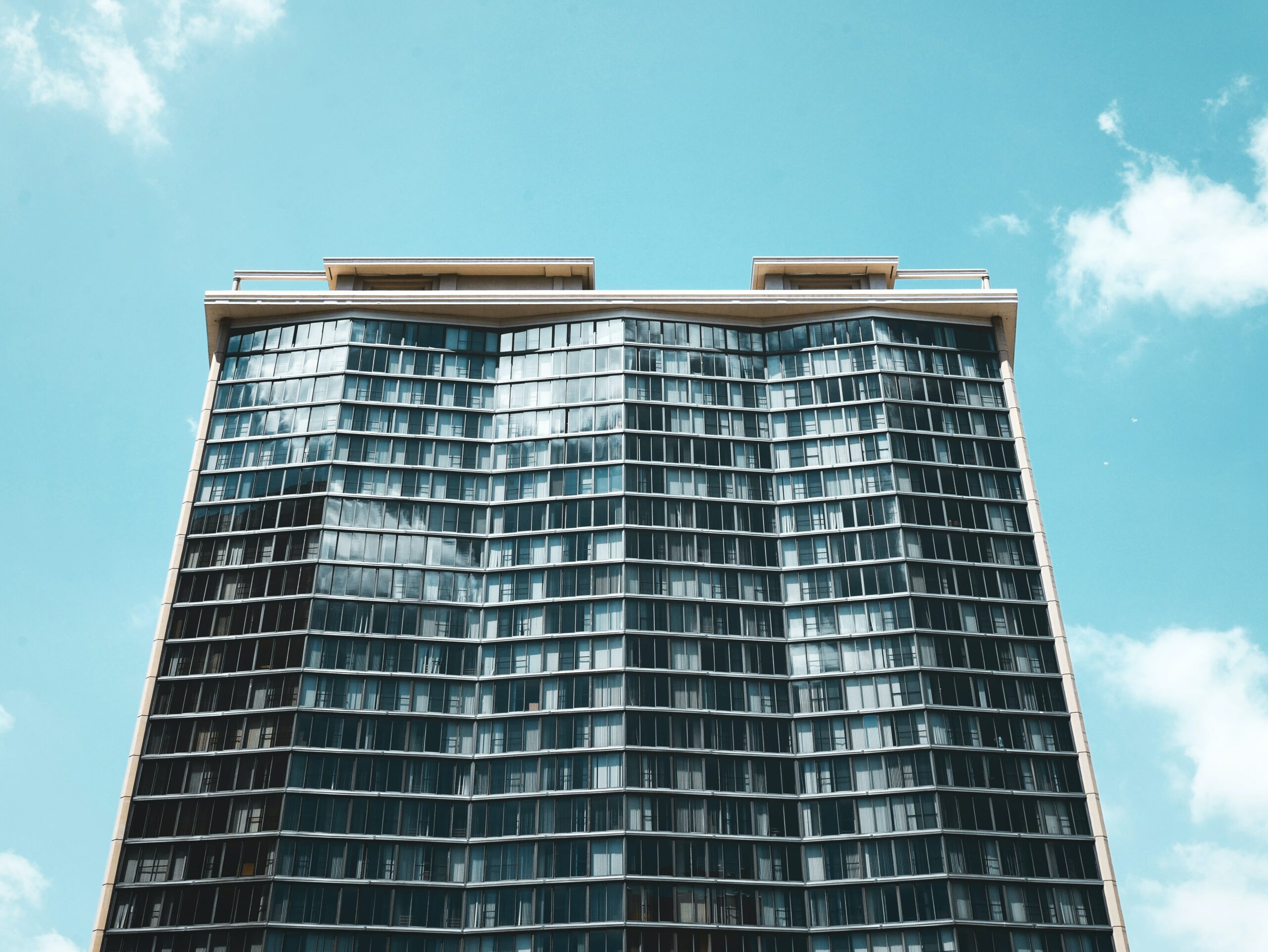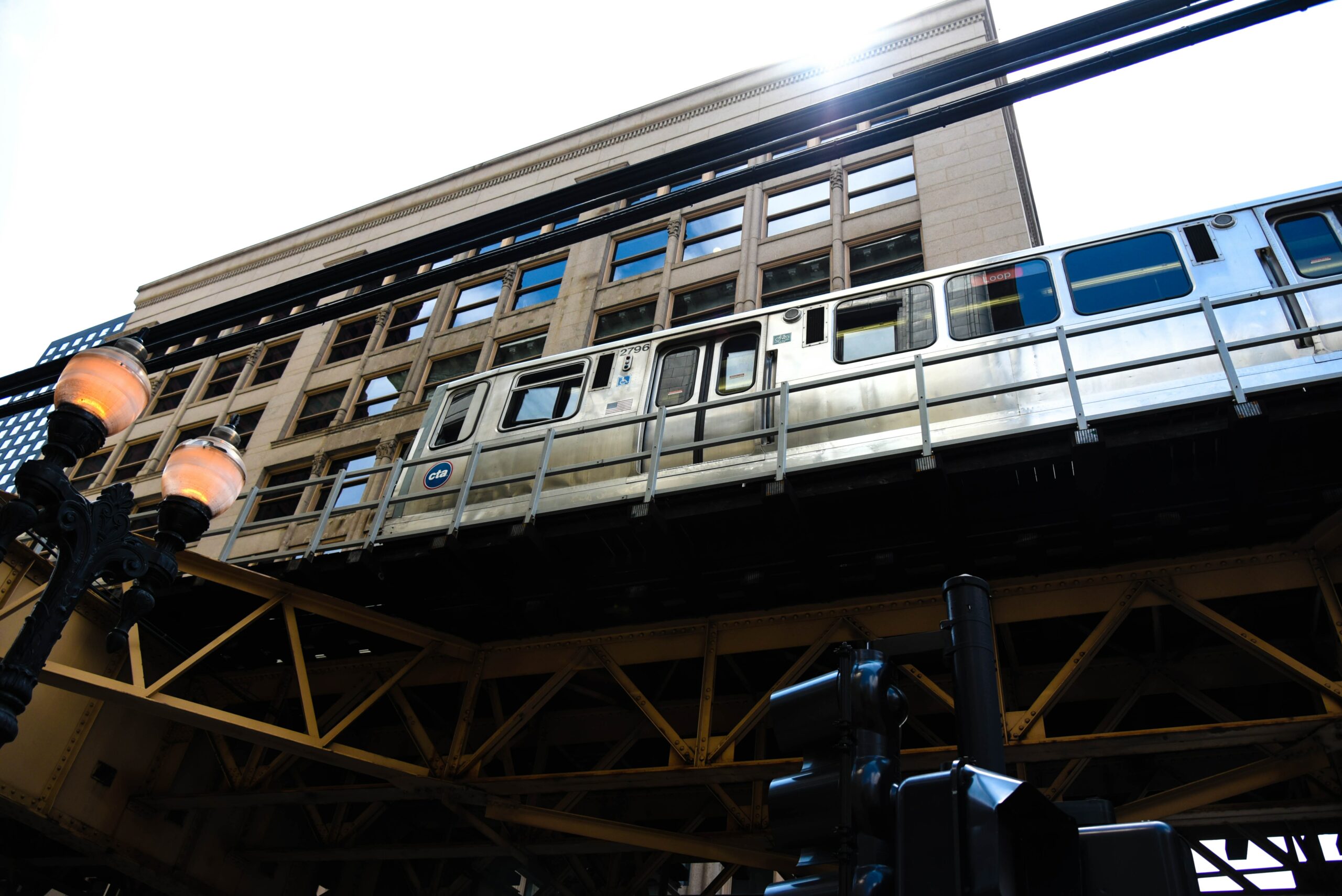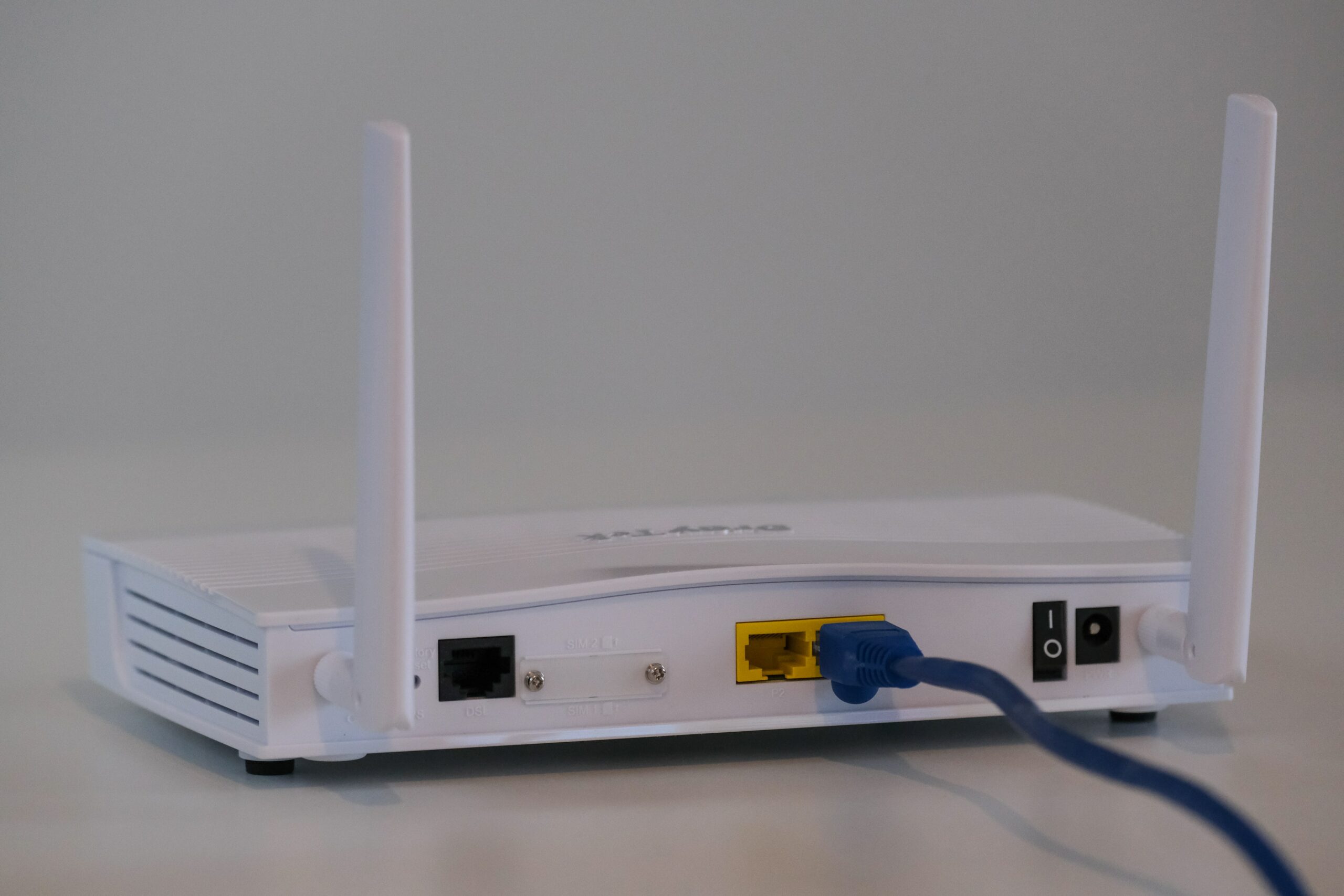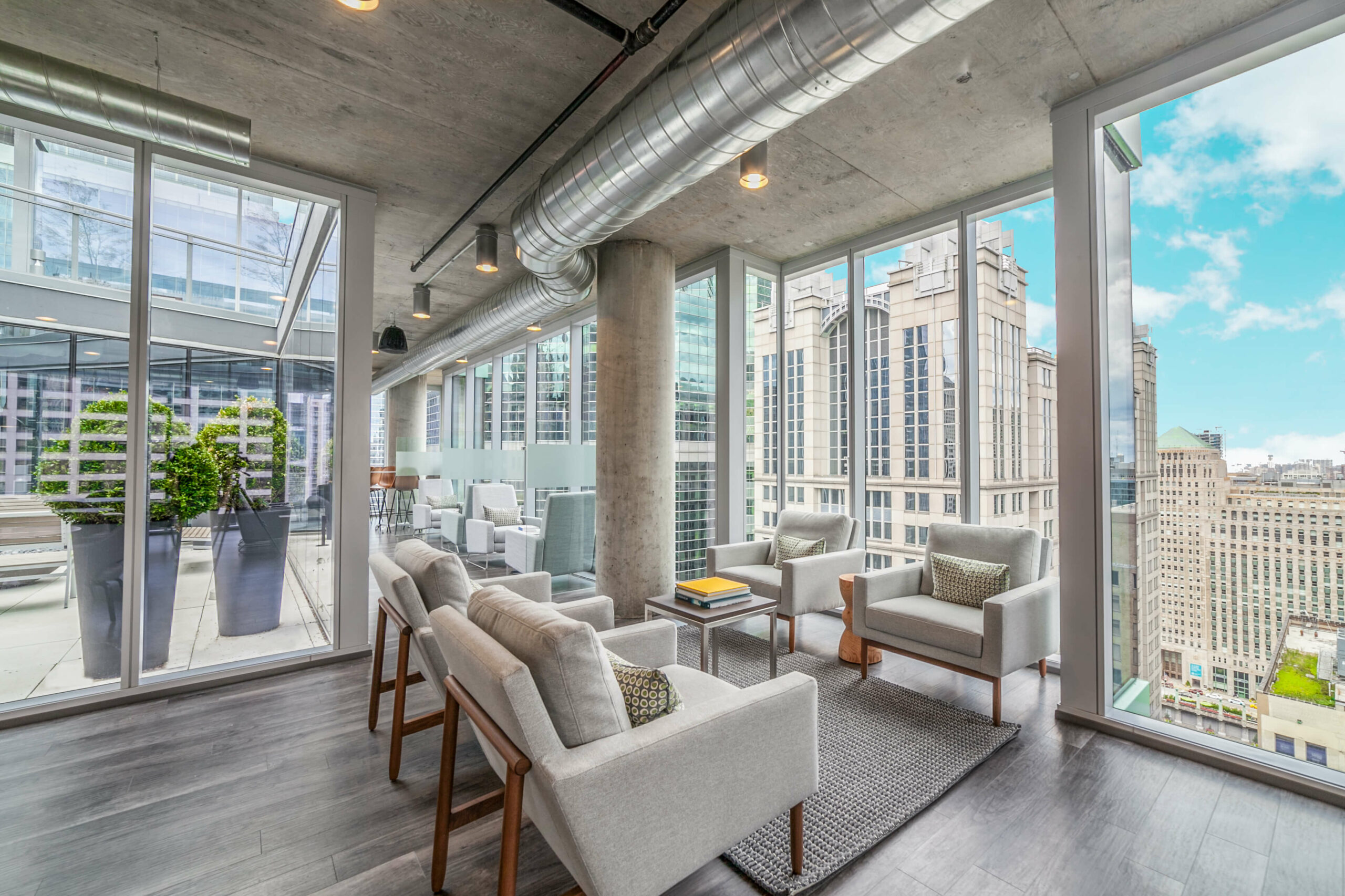As one of the few non-coastal major cities in the United States, the city of Chicago is often referred to as the ‘Jewel of the Midwest.’ Chicago is also considered a commerce hub due to its location, making it a popular place to live, with booming business and plenty to do.
Currently, Chicago is home to 77 neighborhoods in the area, ranging from fancy and luxurious, to affordable and residential. Before moving to Chicago it’s important to consider what the cost of living may be. Since the cost of living in Chicago can differ from neighborhood to neighborhood, you should research potential areas thoroughly before making a big move.
What is “cost of living”?

Cost of living refers to the living expenses of everyday needs, like food, shelter, power, healthcare, and transportation. Money for entertainment purposes is not typically counted in ‘cost of living’ although you should always consider that as well, since it all adds up.
What is the cost of living in Chicago?

Housing
For renters, housing costs are the biggest and most significant cut of their monthly household income. The United States sees a fluctuation in rent costs constantly and Chicago sees a constant increase in yearly median rent prices; however, due to COVID, the year-over-year rent growth actually decreased by 5.9%.
The average price of a one-bedroom apartment in Chicago is around $1,200 a month. Meanwhile, a two-bedroom apartment might run you around $1,350 a month.
If you’re looking to buy a house in Chicago instead of renting, your housing cost could cost you something in the ballpark of $310,000, although that can vary depending on the location and Chicago neighborhood you choose.
For example, neighborhoods in Downtown Chicago near Lake Michigan are the most expensive to live in, with the average rent for one-bedroom apartments ranging from $2,800 to $3,100 per month in Fulton Market, Greektown, River North, Streeterville, and Old Town.
Meanwhile, the cheapest neighborhoods have one-bedroom apartments renting for $700 to $1,350 a month, and get less expensive as you move further away from downtown in neighborhoods such as Lincoln Park.
The least expensive neighborhoods in the generally expensive city of Chicago include Buena Park, West Ridge, South Shore, South Chicago, and Austin. A similar trend is observed in the home prices of those neighborhoods.

Food
Food prices are comparatively higher in the Windy City than in the other midwestern cities. The fact that Chicago is famous for its award-winning luxury restaurants can wreak further havoc with your food budget.
For instance, a gallon of milk costs around $3, while a dozen eggs cost about $2.18, and bread sells for $2.65 a loaf. On average, a single adult working full time in Chicago, with home-cooked meals and snacks, will spend around $3,246 on food per year. The keyword there is that all meals are home-cooked.
However, if you’re looking to eat out every other day, you can expect your costs to increase accordingly. An average quality diner meal costs roughly $15 for one person. But, If you’re looking to explore some of the higher-quality, best restaurants in Downtown Chicago, for example, then you can expect to spend at least $100 a meal for a single person.

Transport
With so many amazing things to do in this big city, transport costs can add up fast. Never mind the whole parking problem and associated costs for that!
Thankfully, the Chicago Transit Authority (CTA) public transit system can take you anywhere you want in and around Chicago. The public transportation system will run you around $105 per month for a local pass, or you can pay a $2.50 fare for a one-way trip on the L train. The Metra Rail is another option for traveling in Chicago and can cost anywhere from $120 to $240 for a monthly pass, depending on the route.
For people with vehicles of their own, gas prices run around $2.76 per gallon depending on the area and can certainly put a healthy dent in a modest budget. And let’s not forget about having to obtain a Chicago city vehicle sticker. Overall, a single adult resident of Chicago could spend more than $5k a year on transportation alone, so keep that in mind.

Utilities
Utilities include things like electricity, water, air conditioning, and garbage and sewage. Some people include their phone bills as a utility bill. The utilities for an average one-bedroom apartment could run about $160 monthly, depending on everything you’re paying for.
Unfortunately, this bill can increase in the winter months when you’re heating your home against snowstorms and fierce winds. These days, internet also falls under the umbrella of ‘basic’ utilities, with a standard package going for around $60 per month.
Factoring these all together, you can estimate the total utilities costs for a one-bedroom apartment to land somewhere close to $220 per month.

Healthcare
The average healthcare costs for Chicago residents is less than $3,000 per year. This is estimated for a single adult that works full-time. However, for a family of say, three, the overall cost shoots up to around $7,500 on average.
As you can see, the average cost of living in Chicago isn’t something to sneeze at. A good rule of thumb when determining if an area is right for you is to look for a place where you are spending less than 30% of your monthly income on rent.
If you keep in mind all of the above, it’s estimated that the average income for a single bedroom household in Chicago, rented for $1,100 per month, should be about $39,500 a year.
However, budgeting is a highly personal thing, and you can arrange it according to your needs. Just don’t forget to factor in your basic needs, otherwise, you might find yourself in an uncomfortable financial pickle later down the road!
Save with Common

Now that you have an idea of the cost of living in Chicago, we can help you find a place that works within your budget! Common gives you access to amazing Chicago neighborhoods for an attainable price. We offer beautiful shared apartments in Chicago with amenities like on-site laundry, high-speed WiFi, a community lounge, and outdoor spaces. Plus, living at Common means that you have a built-in sense of community that you won’t find elsewhere. Learn about coliving in our River North luxury apartments today.
Book a tour to find your perfect Chicago home today!
References:
- https://www.rent.com/blog/cheapest-most-expensive-chicago-neighborhoods/
- https://www.apartmentlist.com/renter-life/cost-of-living-in-chicago


